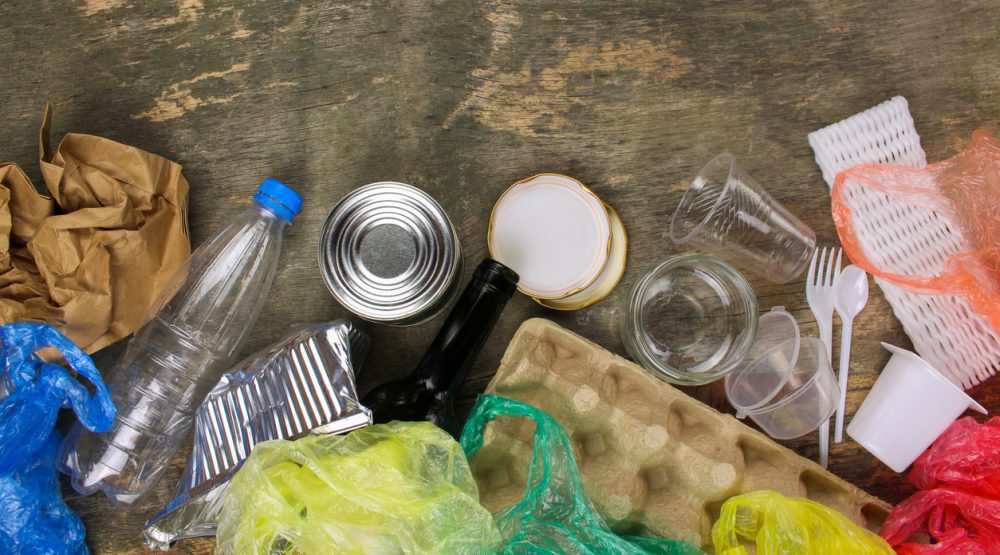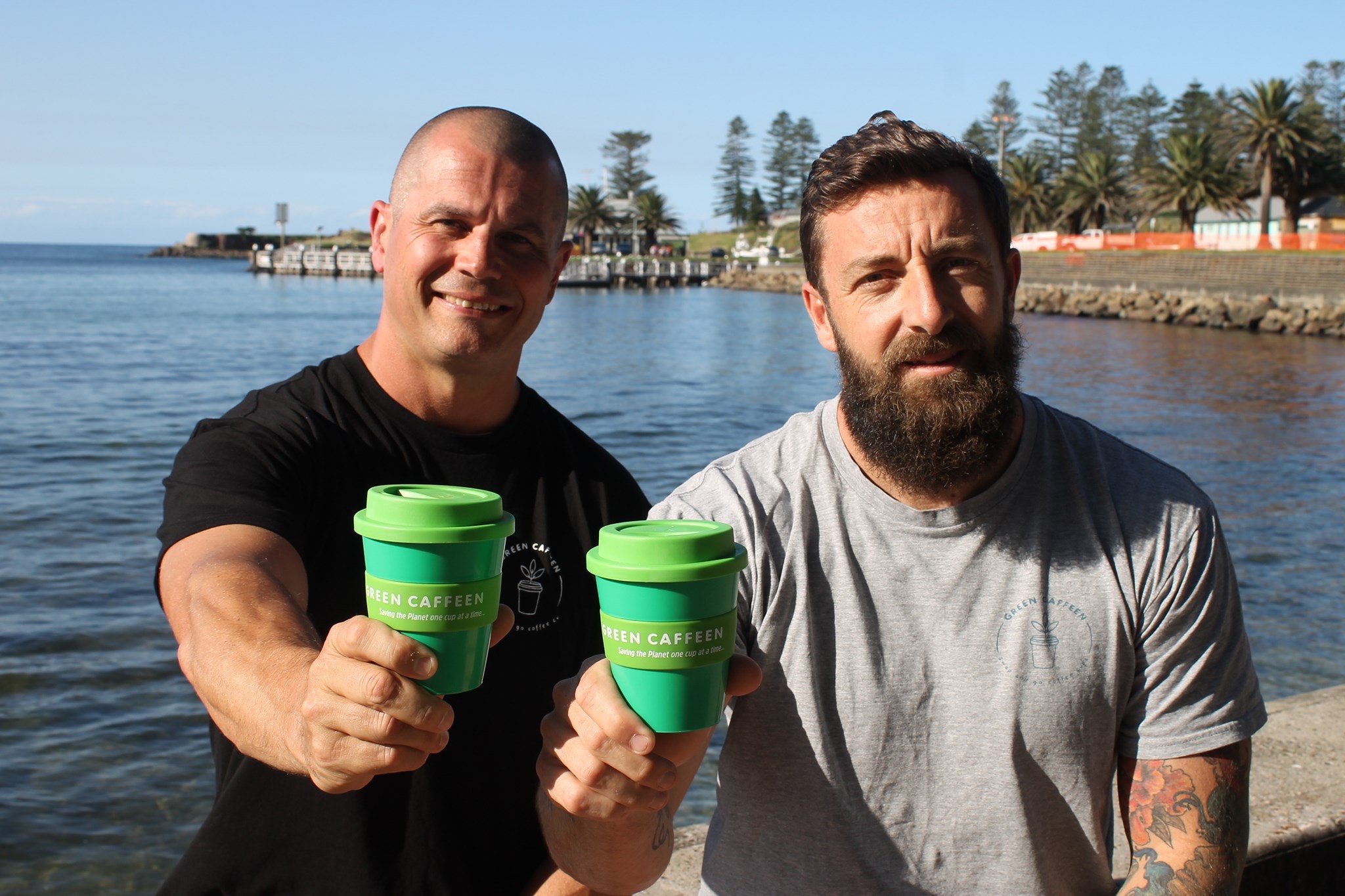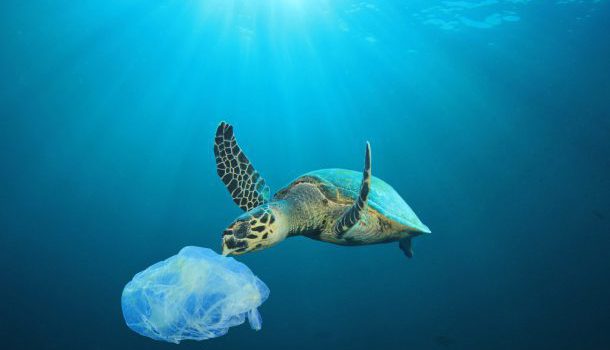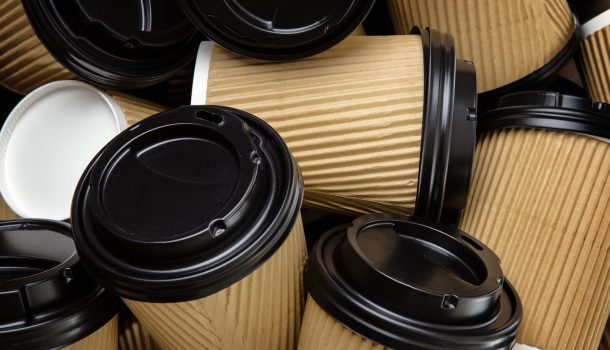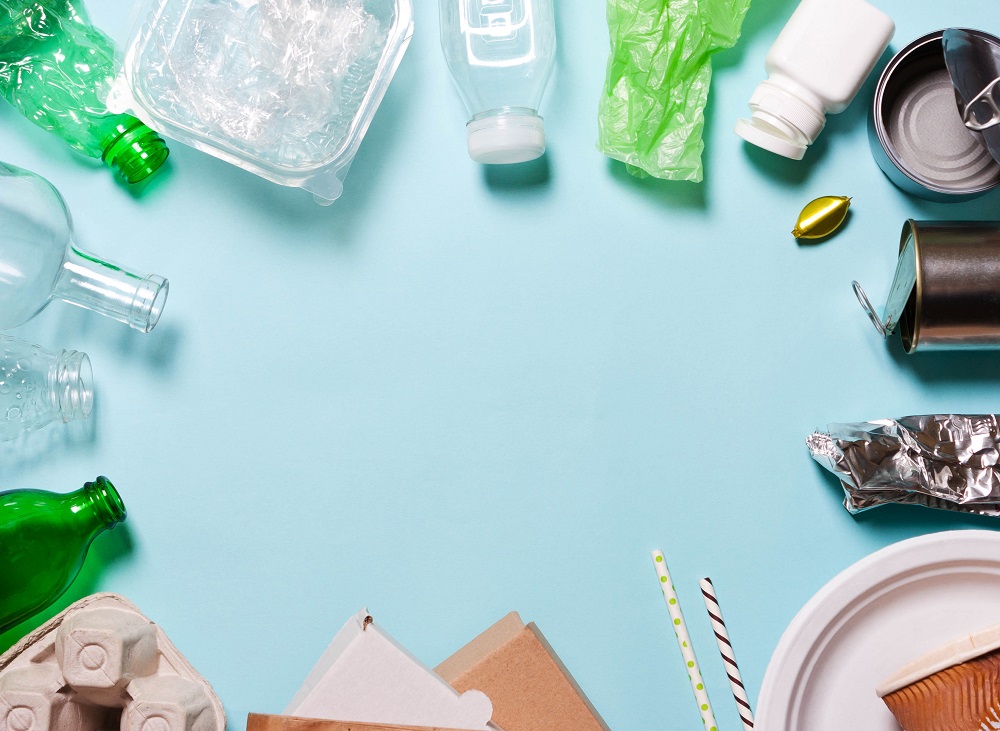
The NZ government will phase out more single-use plastics following its single-use plastic bag ban earlier this year and the release of a new report for dealing with waste.
Prime Minister Jacinda Ardern has welcomed the Rethinking Plastics in Aotearoa New Zealand report, released by Chief Science Advisor Prof Juliet Gerrard.
“Our ban on plastic bags has already made a difference as we confront our enormous long-term challenge to tackle plastic waste,” Ardern said.
The first target will be to move away from single-use packaging and beverage containers made of hard-to-recycle PVC and polystyrene, such as PET, HDPE and polypropylene, which can be recycled and reprocessed.
Government also announced it will accelerate work with local government and industry on better and more consistent kerbside collection of recyclables, and will contninue to work with industry to develop a labelling scheme for packaging, including plastic packaging.
“We can ensure that New Zealand’s future is not full of throw-aways but of smart innovations and practical steps to reduce, reuse and recycle,” Ardern said.
Associate Minister for the Environment Eugenie Sage said the report reaffirms and extends the government’s ambitious plan to reduce waste, which includes:
- A container return scheme for drink bottles and cans
- Regulated product stewardship schemes for tough waste issues such as e-waste, tyres and batteries
- A National Resource Recovery work programme in response to China and other countries’ bans on importing waste and recyclable
- Improving waste data
- Expanding and improving the landfill levy to help fund more ways to recover, re-use and reprocess material.
- A $40 million Provincial Growth Fund investment to turn plastic waste into useful material for businesses and consumers.
“Our goal must be to make Aotearoa an economy where plastic rarely becomes waste or pollution. As Prof Gerrard says there is no silver bullet and we need a system change. The recommendations in this report will help us to achieve this.”
Sage said she aims to the full Government response to the Rethinking Plastics report confirmed within six months.
Since the 1950s, 8.3 billion tonnes of plastic has been produced globally and nearly 80 per cent of that has gone to the dump or been discarded in the environment. Some 36 per cent of plastic produced today is single-use packaging.
Key recommendations from Rethinking Plastics in Aotearoa New Zealand:
- Implement a National Plastics Action Plan
An overarching recommendation to guide Aotearoa New Zealand’s transition to a circular economy for plastics.
2. Improve plastics data collection
A series of recommendations to fill known knowledge gaps and develop measures to coordinate and standardise data collection on plastics to guide decision-making.
3. Embed rethinking plastics in the government agenda
A series of recommendations that address opportunities for government to demonstrate best practice, ensure efforts to mitigate issues related to plastics are enduring, and collaborate internationally on these issues.
4. Create and enable consistency in design, use and disposal
A series of recommendations to keep plastics in circulation through improved recycling systems and sector-specific approaches to rethinking plastics.
5. Innovate and amplify
A series of recommendations related to research and innovation for plastics.
6. Mitigate environmental and health impacts of plastics
A series of recommendations to fill knowledge gaps and support ongoing research on the impacts of plastics.
Plastics NZ, the industry association representing New Zealand’s plastics manufacturers and resin suppliers, has welcomed the release of the report.
CEO of Plastics NZ, Rachel Barker, said the report provides recommendations for improving New Zealand’s recycling system and to transition to a low emissions circular economy.
“We fully agree with the need for a National Plastics Action Plan and look forward to working with Government and those in the Industry to implement relevant changes.”
Barker said changing materials will require research and development by the manufacturers and brand-owners.
“It’s very hard to predict the time and costs involved due to the wide range of packaging applications. The NZ plastics industry is well placed to face this challenge and many companies have already started on the journey to change. The amount of collaborative work across the plastics and resource recovery sectors shows great promise for resolving New Zealand’s plastic waste issues.”
Comment below to have your say on this story.
If you have a news story or tip-off, get in touch at info@incleanmag.co.nz.
Sign up to INCLEAN NZ’s newsletter.
